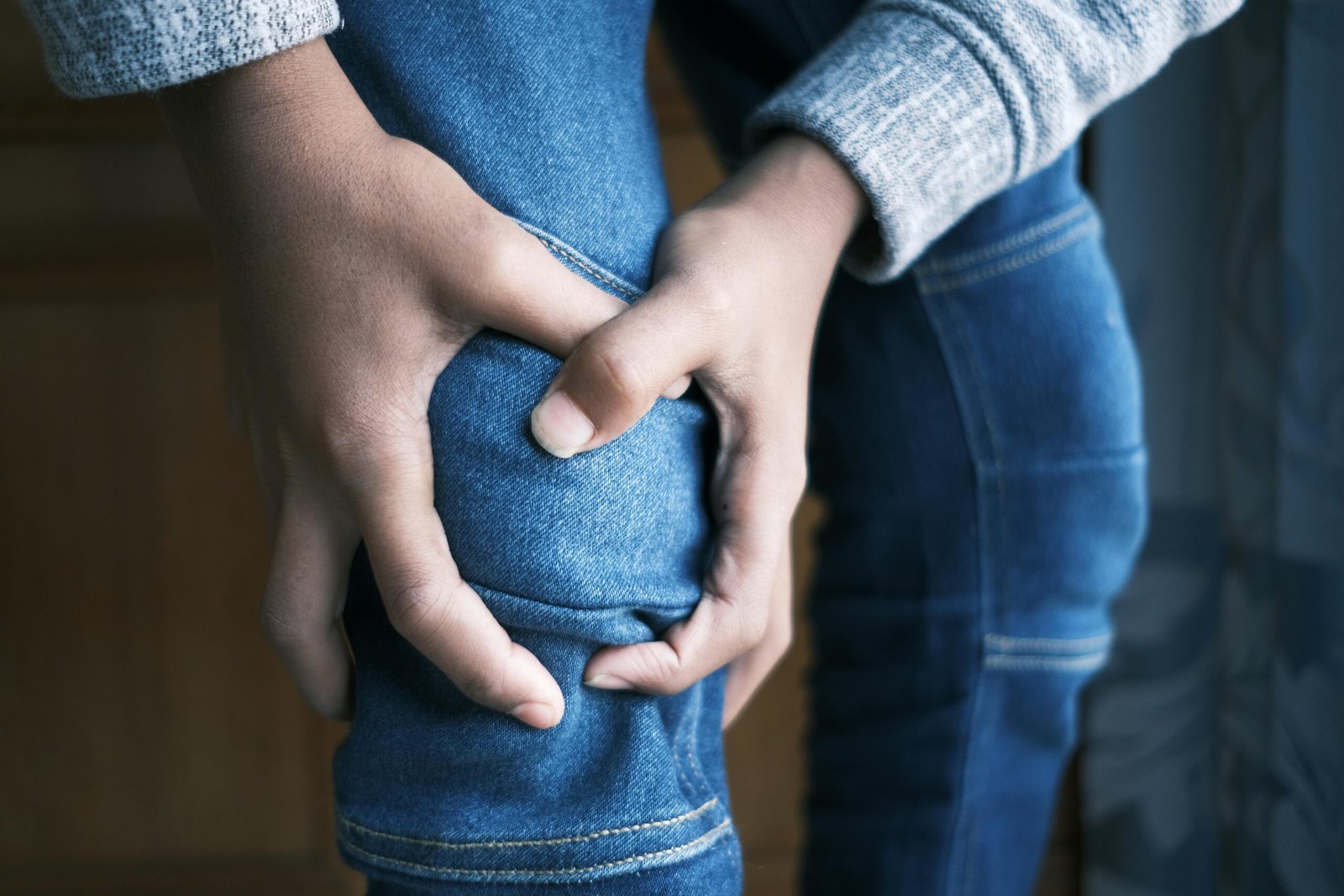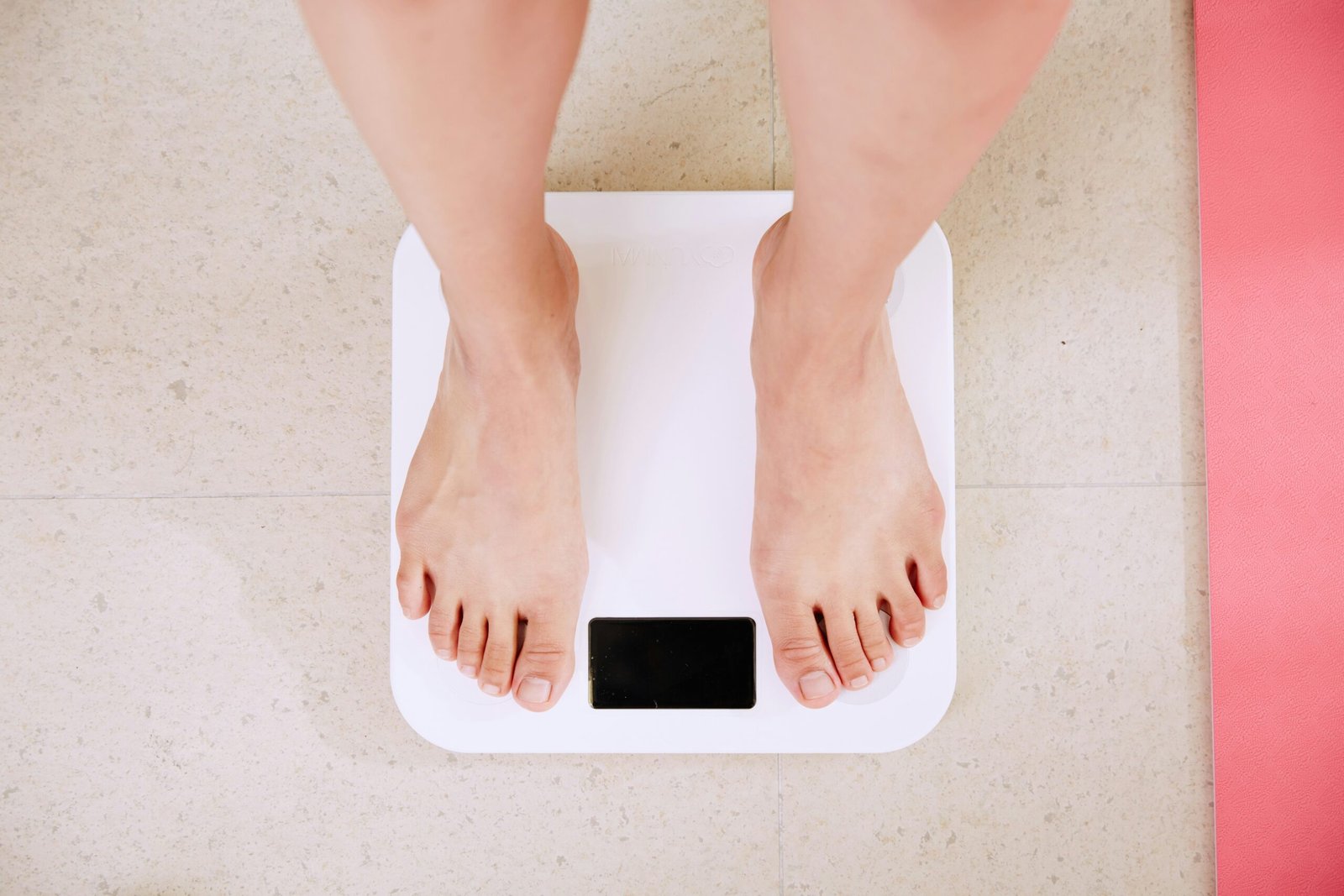Excess weight can have a significant impact on the knee joints, causing pain and discomfort. When you carry extra weight, it puts additional stress on the knees, which can lead to the development or exacerbation of knee pain. The knee is a complex joint that relies on a delicate balance of ligaments, tendons, and cartilage to function properly. When this balance is disrupted due to excess weight, it can lead to increased pressure on the joint, resulting in pain and inflammation.
One of the main benefits of weight loss in alleviating knee pain is the reduction of the load on the knee joints. Losing just a few pounds can make a noticeable difference in the amount of pressure placed on the knees. For every pound of weight lost, there is a four-pound reduction in the load on the knees. This reduced load can help decrease pain and improve joint function.
In addition to reducing the load on the knees, weight loss can also help decrease inflammation in the joints. Excess weight is associated with increased levels of inflammation in the body, which can contribute to the development or worsening of knee pain. Losing weight can help reduce inflammation, leading to decreased pain and improved mobility.
Furthermore, weight loss can improve overall joint function. Carrying excess weight can limit the range of motion in the knees and make it more difficult to perform daily activities. By shedding pounds, you can increase your mobility and flexibility, allowing for easier movement and reduced pain.
It is important to note that weight loss should be approached in a healthy and sustainable manner. Crash diets or extreme exercise regimens can do more harm than good and may lead to further joint damage. It is best to consult with a healthcare professional or a registered dietitian to develop a personalized weight loss plan that takes into account your individual needs and limitations.
In conclusion, weight loss can be an effective strategy for alleviating knee pain. By reducing the load on the knee joints, decreasing inflammation, and improving overall joint function, shedding pounds can provide significant relief. If you are overweight or obese and experiencing knee pain, consider incorporating weight loss into your treatment plan. Remember to approach weight loss in a healthy and sustainable manner, and consult with a healthcare professional for guidance.
The Link Between Weight and Knee Pain
Excess weight can have a significant impact on the knees. The knee joints are responsible for supporting the body’s weight and facilitating movement. When you carry extra weight, it places added stress on the joints, including the knees. This increased pressure can lead to the breakdown of cartilage, the tissue that cushions the joints, resulting in pain, stiffness, and inflammation.
Furthermore, the excess weight can also lead to the development or progression of conditions such as osteoarthritis. Osteoarthritis is a degenerative joint disease that causes the cartilage to wear away, resulting in bone-on-bone contact and pain.
Studies have shown that there is a direct correlation between body weight and knee pain. In fact, research has found that for every pound of weight gained, there is a fourfold increase in the risk of developing knee osteoarthritis. This is because the excess weight puts extra strain on the knee joints, causing them to wear down faster than they should.
Additionally, carrying excess weight can also lead to changes in gait and posture, which can further contribute to knee pain. When you are overweight, your body has to compensate for the extra weight, which can lead to an altered walking pattern. This can put additional stress on the knees and increase the likelihood of developing pain and discomfort.
It is important to note that knee pain is not only a result of excess weight, but it can also be a contributing factor to weight gain. When you experience knee pain, it can limit your ability to engage in physical activity and exercise, making it more difficult to maintain a healthy weight. This can create a vicious cycle, where the excess weight leads to knee pain, which in turn makes it harder to lose weight and alleviate the pain.
Fortunately, losing weight can have a significant positive impact on knee pain. By reducing the amount of weight that the knees have to support, you can relieve the pressure on the joints and reduce inflammation. This can help to alleviate pain and improve mobility. In fact, studies have shown that even a modest weight loss of 5-10% can lead to significant improvements in knee pain and function.
When it comes to managing knee pain, it is important to take a holistic approach. In addition to weight loss, other strategies such as physical therapy, strengthening exercises, and anti-inflammatory medications can also be beneficial. Working with a healthcare professional can help you develop a personalized treatment plan that addresses your specific needs and goals.
5. Enhanced Physical Activity
Weight loss can also lead to increased physical activity levels, which can have numerous benefits for knee pain. Engaging in regular exercise can help strengthen the muscles around the knee joint, providing better support and stability. It can also improve flexibility, range of motion, and overall joint function.
Furthermore, being physically active can promote weight maintenance, preventing weight gain from putting additional stress on the knees. Regular exercise can also release endorphins, which are natural pain-relieving chemicals in the body. This can help alleviate knee pain and improve overall well-being.
6. Better Overall Health
Weight loss is associated with numerous health benefits beyond just knee pain relief. Losing excess weight can improve cardiovascular health, lower blood pressure, reduce the risk of developing chronic diseases such as diabetes and certain types of cancer, and enhance overall physical and mental well-being.
By achieving a healthier weight, individuals can experience improved energy levels, better sleep quality, and increased self-confidence. These factors can contribute to a more active and fulfilling lifestyle, allowing individuals to engage in activities they may have previously avoided due to knee pain.
7. Long-Term Management
Weight loss provides a long-term solution for managing knee pain. Unlike medications or other temporary interventions, losing weight addresses the root cause of the problem. By adopting healthy eating habits and incorporating regular exercise into your routine, you can maintain a healthy weight and continue to experience the benefits of reduced knee pain.
It’s important to note that weight loss should be approached in a safe and sustainable manner. Consulting with a healthcare professional or a registered dietitian can help develop a personalized weight loss plan that takes into account your individual needs and preferences.
In conclusion, losing weight can have numerous benefits for individuals experiencing knee pain. From reducing joint stress and inflammation to improving joint function and delaying disease progression, weight loss can provide long-lasting relief and improve overall health and well-being.
7. Manage Stress Levels
Stress can have a negative impact on weight loss efforts and can also exacerbate knee pain. Incorporate stress management techniques into your daily routine, such as meditation, deep breathing exercises, or engaging in activities that you enjoy. By managing stress, you can create a more conducive environment for weight loss and alleviate knee pain.
8. Get Sufficient Sleep
Adequate sleep is crucial for overall health and can also support weight loss. Lack of sleep can disrupt hormonal balance, increase cravings for unhealthy foods, and hinder your ability to make healthy choices. Aim for 7-9 hours of quality sleep each night to support your weight loss goals and improve knee pain.
9. Track Your Progress
Keeping track of your progress can help you stay motivated and make necessary adjustments to your weight loss plan. Consider using a journal or a mobile app to track your food intake, exercise routine, and any changes in knee pain. This can provide valuable insights and help you identify patterns that may be hindering your progress.
10. Stay Hydrated
Drinking enough water is essential for overall health and can also support weight loss. Water can help you feel full, reduce cravings, and support proper digestion. Aim to drink at least 8 cups of water per day and consider replacing sugary beverages with water or herbal tea.
11. Celebrate Non-Scale Victories
While weight loss is often measured by numbers on a scale, it is important to celebrate non-scale victories along the way. These can include improved mobility, increased energy levels, better fitting clothes, or reduced knee pain. Recognizing and celebrating these achievements can help you stay motivated and focused on your weight loss journey.
12. Adjust Your Environment
Make changes to your environment that support healthy eating and physical activity. Keep healthy snacks readily available, remove tempting unhealthy foods from your pantry, and create a dedicated space for exercise at home. By adjusting your environment, you can make it easier to make healthy choices and support your weight loss goals.
By following these tips, you can embark on a healthy weight loss journey that not only helps you shed pounds but also alleviates knee pain. Remember to be patient with yourself and make sustainable changes that you can maintain in the long term. With dedication and perseverance, you can achieve your weight loss goals and improve your overall well-being.


